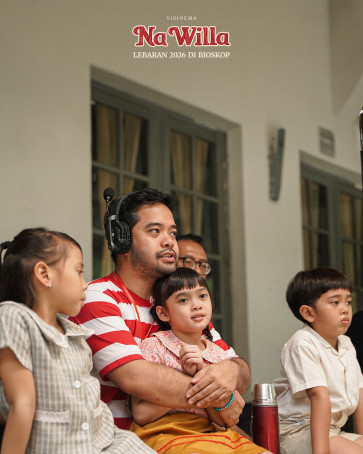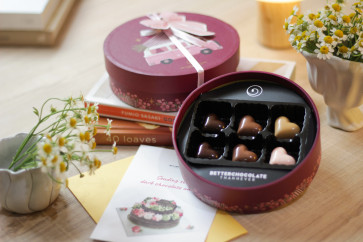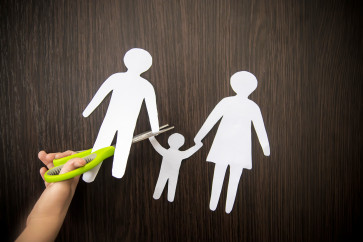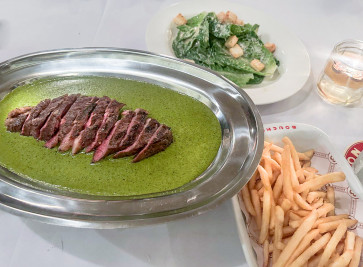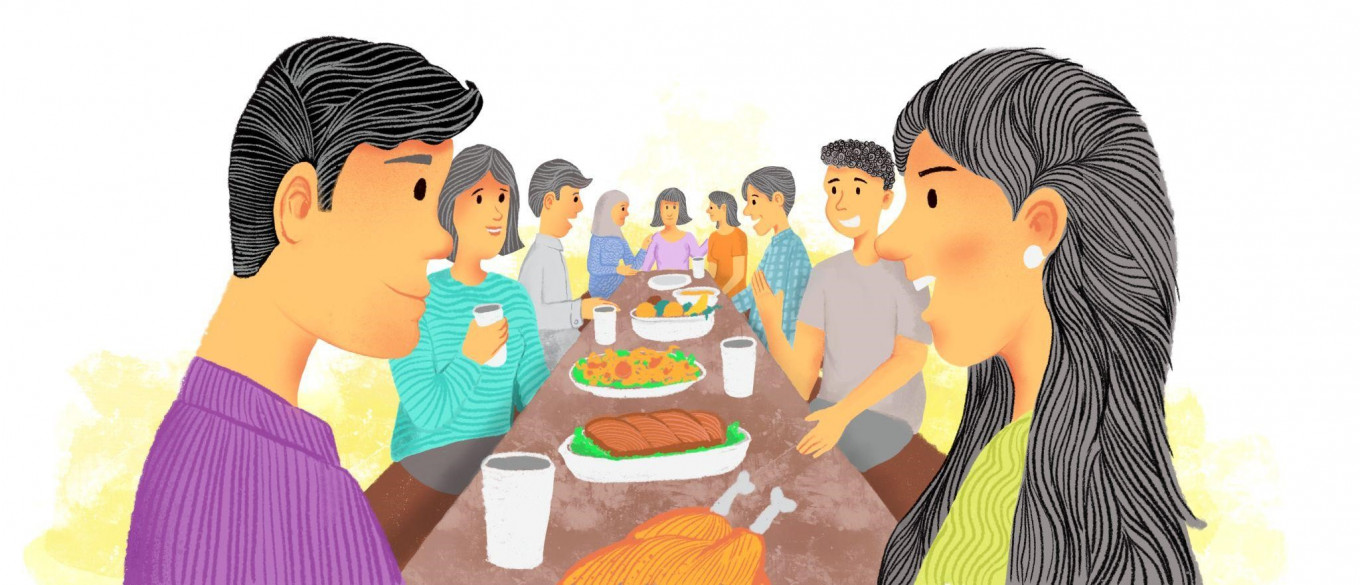(Courtesy of The Jakarta Post)
In the days leading up to Ramadan in this better part of the post-pandemic period, I found myself both looking forward to and feeling apprehensive about buka bersama or bukber, those often cherished but sometimes bothersome soirees to break the fast together with family and friends.
Over the coming month, as the sun dips below the horizon to signal the end of each fasting day, the air will become thick with the joyous chatter of reunions everywhere.
Inscribed last year on UNESCO’s Representative List of the Intangible Cultural Heritage of Humanity, iftar, also known as eftari, iftar or iftor in practicing countries and more commonly as bukber in Indonesia, takes the form of gatherings or meals that serve as a cornerstone for strengthening familial and communal ties.
For those who have moved away from home for work, sharing the iftar ritual with friends is something to look forward to.
“Being so far from home, breaking the fast during Ramadan feels like a thrilling escapade after a day of fasting for me. Impromptu bukber are quite common, usually with colleagues after leaving the office,” says Indah Wulansari, a 30-year-old Surabaya native who works in Jakarta.
“In my perspective, for people my age, the significance of bukber varies greatly depending on the company. I lean toward breaking the fast with [members of] my closest circle rather than elaborate reunions. It's all about finding comfort in the familiar, creating an atmosphere that feels just right,” she explains.

Thank you!
For signing up to our newsletter.
Please check your email for your newsletter subscription.
It’s the same for those who have moved to other countries, many of whom don’t notice their soleness until the holy month approaches, thrusting them into the uncharted territory of observing Ramadan alone for the first time.
“I remember my first Ramadan was a huge struggle. I had just moved to a new flat after having issues with the previous place and it was during spring, so the sun only set after 8 p.m.,” recalls Delya Oktovie, a 28-year-old who works and lives in Bournemouth, the United Kingdom.
Read also: Exploring Indonesia’s diverse Ramadan rituals
According to Delya, the bukber experience in a non-Indonesian setting seemed refreshingly uncommercialized and uncomplicated. Unlike the elaborate reunions and extravagant gatherings back in her home country, where the emphasis is often on expensive restaurants, events and the stress of preparations for Idul Fitri, bukber in the UK was just a simple get-together, mainly at homes or at parks, where people shared meals.
“We had bukber anywhere, really. One time, a bunch of friends from Turkey, India, Kuwait and I had bukber in the park. It was chilly and the food was cold, but we had a good time and shared good laughs,” she says.
“But I definitely miss the Ramadan vibes in Indonesia. I miss how food is literally everywhere and it’s all good and unhealthy, but good regardless!”
Meanwhile, I'm on the other end of the spectrum, as I’ve stayed in my hometown while my close friends moved to other places. That's why bukber is a cherished time for me, as I can spend it with them.
It’s an opportunity to have casual chats and delve into more meaningful discussions about our lives. Although we have known each other for years, we have walked different paths in life, yet we never failed to support one another through thick and thin.
But for others who might not be comfortable with the typical reunion topics, the coming month might be a source of apprehension.
“It’s not Ramadan yet. but I can already hear the cringe ‘all in’ and ‘ayo gas’ chants making their way into our casual banter,” says Gibran Alpha, who is looking forward to bukber with friends more than with his relatives.
“I guess being asked whether I enjoy campaigning with the ‘cuddly grandpa’ is a welcome change anyway from the classic, ‘when will you get married’ or ‘have you found a job yet’ questions,” said Gibran, referring to the nickname of presidential candidate Prabowo Subianto.
Read also: Five things to know before booking an iftar gatheringThe 23-year-old bachelor currently lives in Jakarta and has been struggling with the job market since he graduated almost two years ago.
“Many from my [class] still face the same challenges, and they are tactful enough not to discuss the sensitive issue [of job hunting]. I enjoy bukber better with them than with [my extended family] for instance, because older generations tend to prod where it hurts, although they might mean no harm,” he says.
For similar reasons, I am not a big fan of large bukber gatherings, as I feel it loses the intimacy we share with only those we are closest to who understand us better.
In the past, they meant the possibility of daunting, repetitive conversations revolving around work, marital status and future plans that can feel superficial. Interestingly, I haven't had to navigate those social situations since the pandemic, for various reasons.
As I grow older, however, I've come to appreciate the value of personal connections more deeply. Given the chance to reunite with schoolmates at bukber, I wouldn't miss it. It would be an opportunity to share and receive knowledge and wisdom gained over the years we've been out of touch.
Yet, as part of a religious rite of the Ramadan fasting month, bukber isn’t just an occasion for joie de vivre, but can also be raison d'être for Muslims. In the end, what matters most are the prayers and the people that line up together to recite them.
“Everyone just collectively understands that what matters is that we all came to cultivate our very own personal relationship with Allah in the way that both we and Allah know that we're most comfortable with,” says Delya, reminiscing about her first tarawih (evening Ramadan prayers) abroad.
“I definitely don't embody a ‘good Muslim’, but that experience changed my perspective and see Muslims through better, varied lenses.”
Read also: 100 hours of unpaid work a week
This article is part of The Weekender, which comes out on the Saturday edition of The Jakarta Post. It offers a variety of lifestyle and culture articles aimed at enriching your reading experience. Subscribe
here to get access to the Saturday edition and all other premium content from The Jakarta Post.





